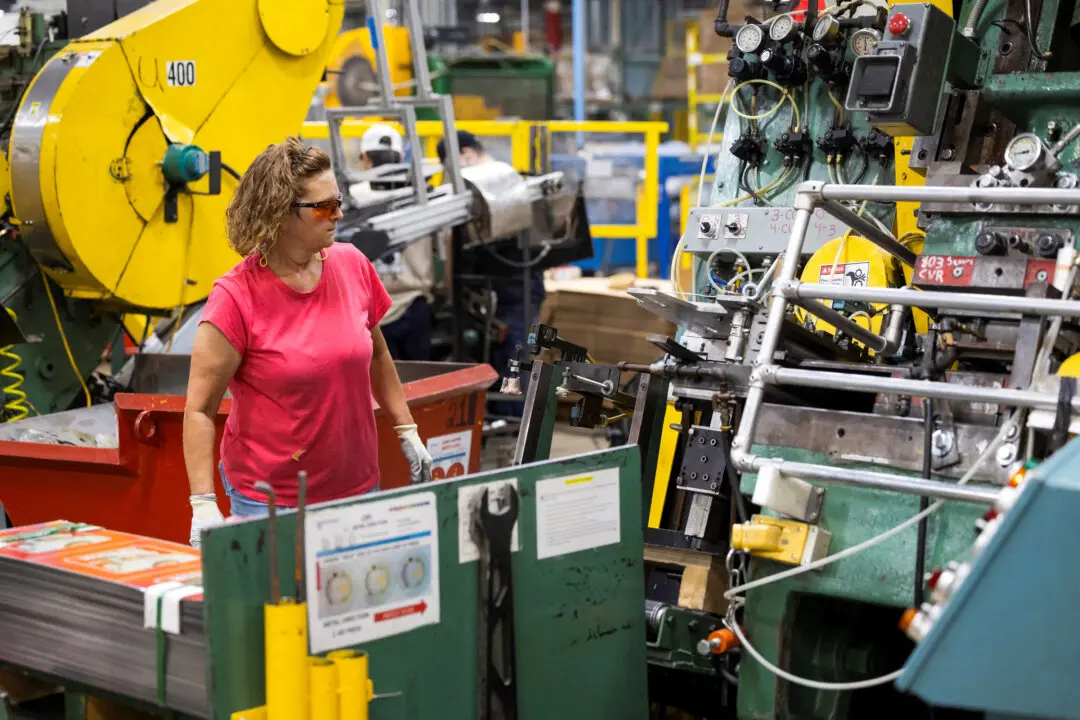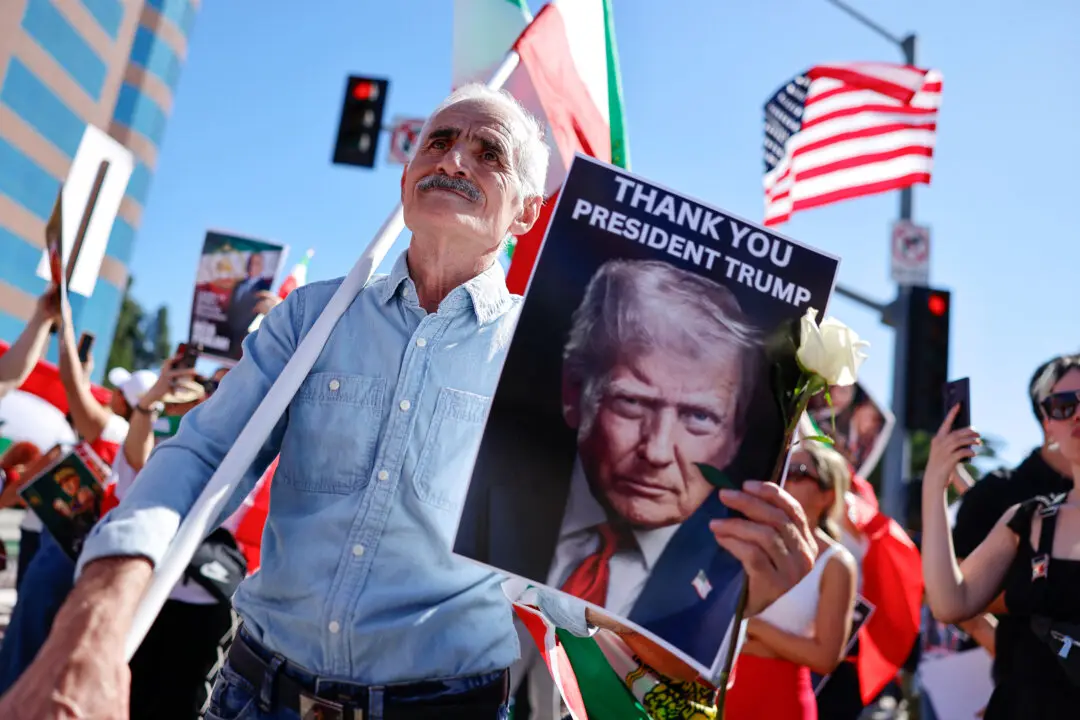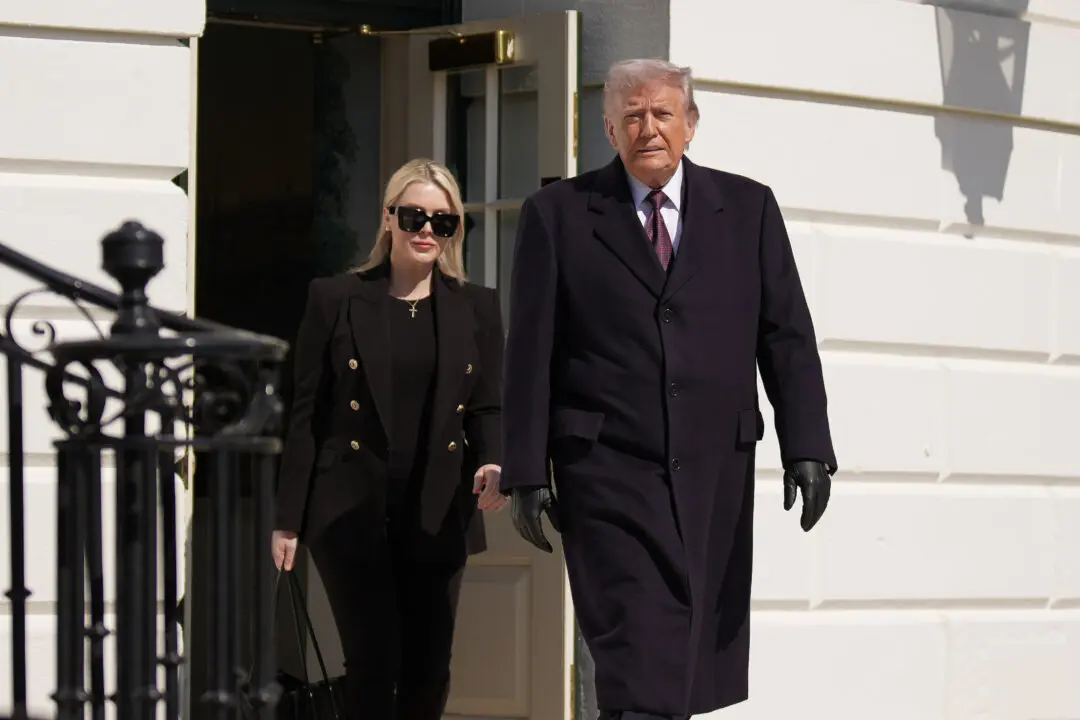WASHINGTON— White House trade adviser Peter Navarro slammed Big Pharma’s attempts to send a letter to President Donald Trump opposing a potential “Buy American” executive order.
Trump’s proposed executive order—which aims to reduce dependence on China—will encourage companies to relocate the production of essential medicines, medical equipment, and supplies to the United States.





